
PETA Asia recently filmed illegal wildlife trafficking at the Satria Bird Market in Bali, Indonesia. Investigators have recorded a shop owner trying to sell monkeys and slow lorises to tourists, despite the latter being a protected species in Indonesia and monkey trafficking banned in Bali.
Warning to tourists in Bali: suffering is on sale
Procuring animals to sell them is an atrocious business. Baby monkeys are frequently snatched from their native jungle after hunters kill their mothers.
The bite of the slow loris is extremely venomous and can be fatal to humans. It is for this reason that the pet and travel industries often remove their teeth (without anesthesia) using pliers or other tools. This horrific procedure is truly torture and can lead to infections and even death.
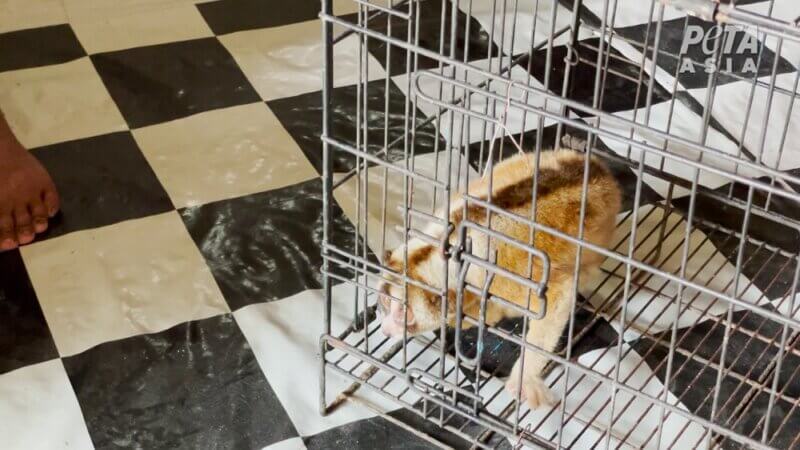
In this market, the slow loris was confined to a small cage with no amenities and no access to water. These sensitive animals are nocturnal primates, so the loud and bright environment must have been particularly stressful for them. There was no register to identify the animal, which was sold clandestinely.
Many exotic pets sold to uninformed customers or purchased on impulse die prematurely or are abandoned when buyers are no longer able or willing to care for them.
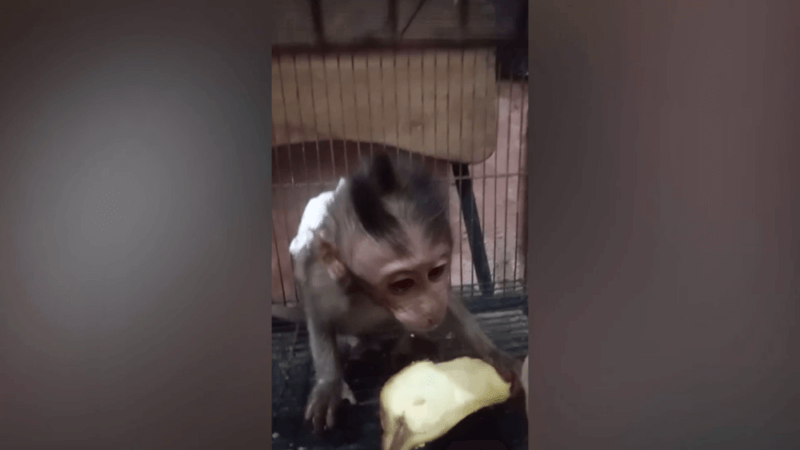
Weak law enforcement
PETA Asia is calling on Indonesian law enforcement and the Ministry of Environment and Forestry to investigate this illegal and violent trade and take the necessary action against those responsible.
This is the third time in three years that the illicit trafficking of exotic animals has been denounced in this market. Already last year, this same shop had been caught selling monkeys and the monkeys had been confiscated. A warning was then given and management agreed never to sell monkeys again. However, she brazenly continues to sell animals illegally. The exotic animal trafficker even compared his activities with those of the mafia.
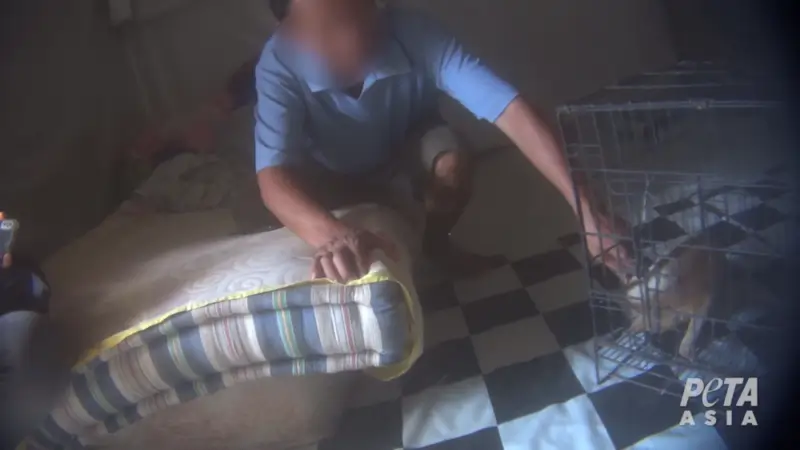
Ineffective warnings from authorities clearly did not deter sellers. The law must be applied in a concrete way without delay.
A threat to global health
It is estimated that 75% of new infectious diseases come from animals other than humans. Animal markets' represent a breeding ground for viruses that cause zoonotic diseases, such as COVID-19, SARS and monkeypox.
Markets where there is direct contact between customers and live animals provide the ideal environment for host-to-host transmission. Feces and bodily fluids can be carried into restaurants, homes and other places via shoes and clothing by anyone who has visited them, simply and without their knowledge. Rabies, which has a mortality rate of almost 100%, and herpes B virus, fatal for more than 70% of humans if not treated in time, can be transmitted to humans by macaques.
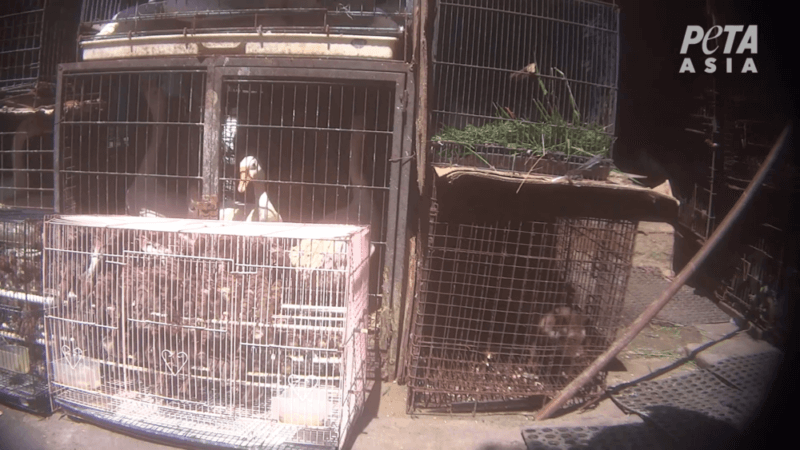
What you can do
Wherever you are in the world, never buy animals from markets, vendors or pet stores. Animal shelters are filled with dogs and cats in need of loving homes.
Animals like the slow loris are not suitable pets. These fascinating individuals are nocturnal and like to travel long distances during the night. It is cruel to keep them locked up in very bright environments. They have very complex nutritional needs and often suffer from obesity when their keepers don't meet them.
If you see animals being sold illegally, contact the emergency services on 112, 17 (rescue police) or 18 (fire brigade) immediately with a mobile phone.
Help us end live animal markets by sending a message to the World Health Organization now:
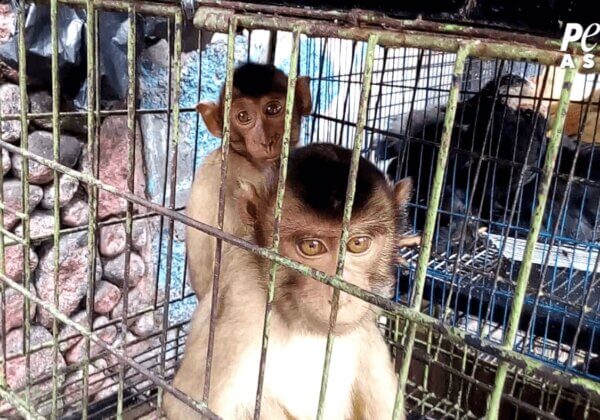
Sources: PETA France / PETA Asia
Posted on 2023-06-16 15:45





 https://youtu.be/tw_oAgrOnbI
https://youtu.be/tw_oAgrOnbI


Comments